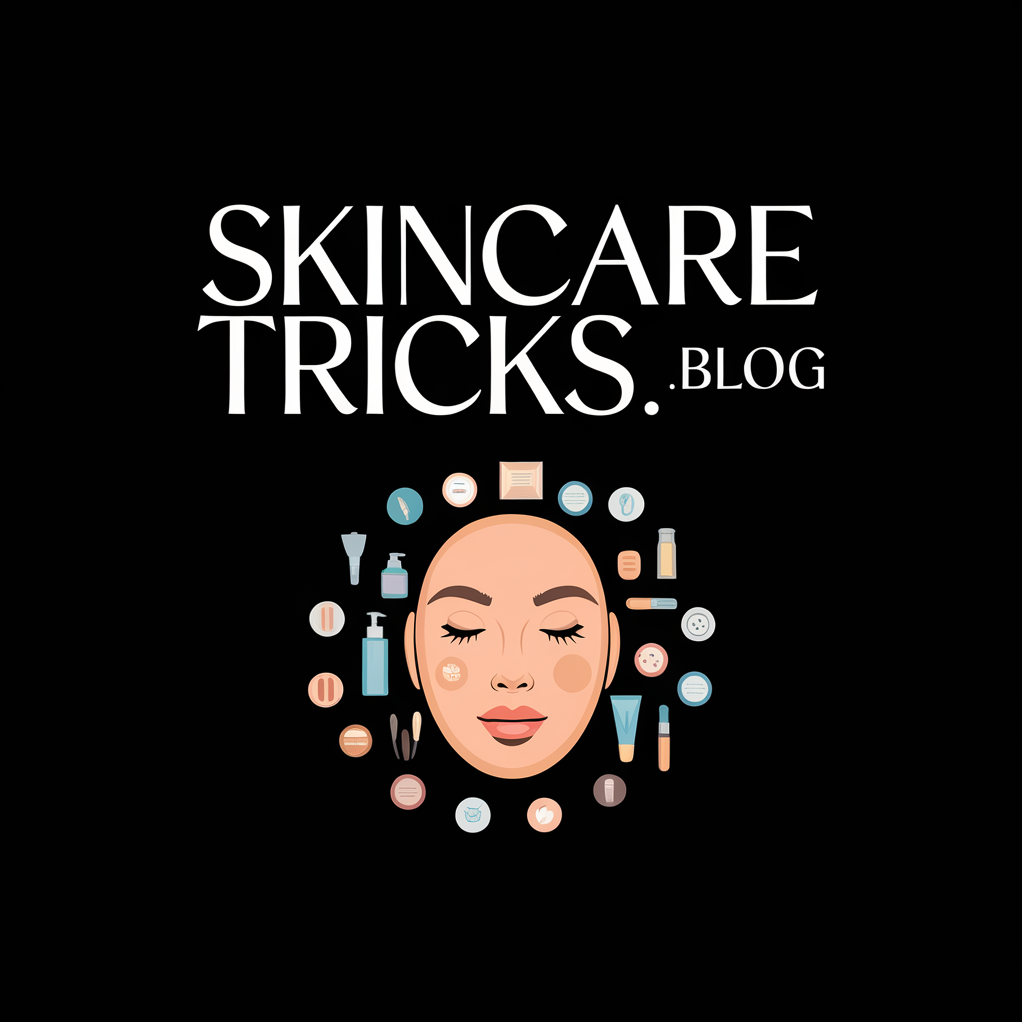This One Step Could Be Ruining Your Skin Without You Knowing It
You might think you’re doing everything right for your skin, but that extra layer of scrubbing could be your downfall. Many people unknowingly over-exfoliate, thinking it boosts their glow. In reality, this misstep can damage your skin’s barrier and lead to irritation. Recognizing the fine line between effective exfoliation and overdoing it is crucial. So, how do you strike the right balance? Let’s uncover the signs and strategies that can help protect your skin.
Understanding Exfoliation and Its Importance
Exfoliation is a vital process for maintaining healthy skin. By removing dead skin cells, you promote cell turnover, enhancing your skin’s texture and appearance. However, many make the skincare mistake of over-exfoliating, leading to irritation and compromised skin barriers. Understanding the balance is crucial—gentle, regular exfoliation contributes to radiant skin, while excessive exfoliation can detract from your skincare routine. To achieve this balance, it’s important to listen to skin’s cues, as sensitivity or dryness may indicate a need to reduce exfoliation frequency.
Signs You’re Over-Exfoliating Your Skin
When you’re exfoliating too often, your skin sends you clear signals to take a step back.
You might notice redness, irritation, or increased sensitivity. Your skin may also feel dry and tight, despite your moisturizing efforts.
Breakouts could occur as your skin tries to compensate for its compromised barrier.
If you’re observing these signs, consider reducing your exfoliation frequency to restore balance. Over-exfoliation can cause premature aging signs, making it crucial to listen to your skin’s needs.
Common Exfoliation Mistakes to Avoid
While it’s essential to maintain a regular exfoliation routine for healthy skin, several common mistakes can undermine your efforts and lead to adverse effects.
Over-exfoliating, using products that’re too harsh, and neglecting post-exfoliation moisturization can compromise your skin barrier. Additionally, skipping sunscreen afterward can increase sensitivity. Remember that over-exfoliation can cause irritation and disrupt your skin’s natural balance. Be mindful of these pitfalls to ensure your skin remains balanced and rejuvenated.
Choosing the Right Exfoliation Method for Your Skin Type
How do you determine the best exfoliation method for your skin type?
Start by assessing your skin’s needs. Consider these factors:
- Skin Type: Oily, dry, combination, or sensitive.
- Exfoliation Type: Chemical (acids) or physical (scrubs).
- Skin Condition: Acne, aging, or pigmentation.
Choosing the right method helps prevent irritation while maintaining a healthy, radiant complexion tailored to your specific requirements. Additionally, it’s essential to recognize the risks of over-exfoliation that can lead to issues like dryness and sensitivity.
How Often Should You Exfoliate?
Wondering how often you should exfoliate your skin? The frequency largely depends on your skin type. Most experts recommend exfoliating:
| Skin Type | Frequency |
|---|---|
| Oily/Acne-prone | 2-3 times a week |
| Normal/Combination | 1-2 times a week |
| Dry/Sensitive | Once a week |
Adjust your routine as needed to maintain healthy skin without causing irritation or damage. Remember that over-exfoliation can lead to increased redness and sensitivity, so it’s crucial to listen to your skin’s needs.
Tips for a Balanced Skincare Routine
To achieve a balanced skincare routine, it’s essential to understand your skin’s unique needs and tailor your regimen accordingly. Consider these key tips:
-
Identify your skin type: Knowing whether you have oily, dry, or combination skin helps in choosing products.
-
Incorporate essential ingredients: Use hydration, exfoliation, and protection for overall health.
-
Monitor product layering: Ensure compatibility between products to avoid irritation and maximize benefits. Additionally, including retinol in your routine can dramatically enhance your skin’s texture and tone.

